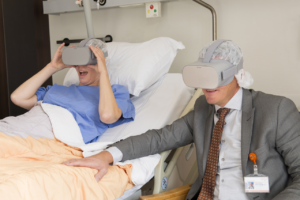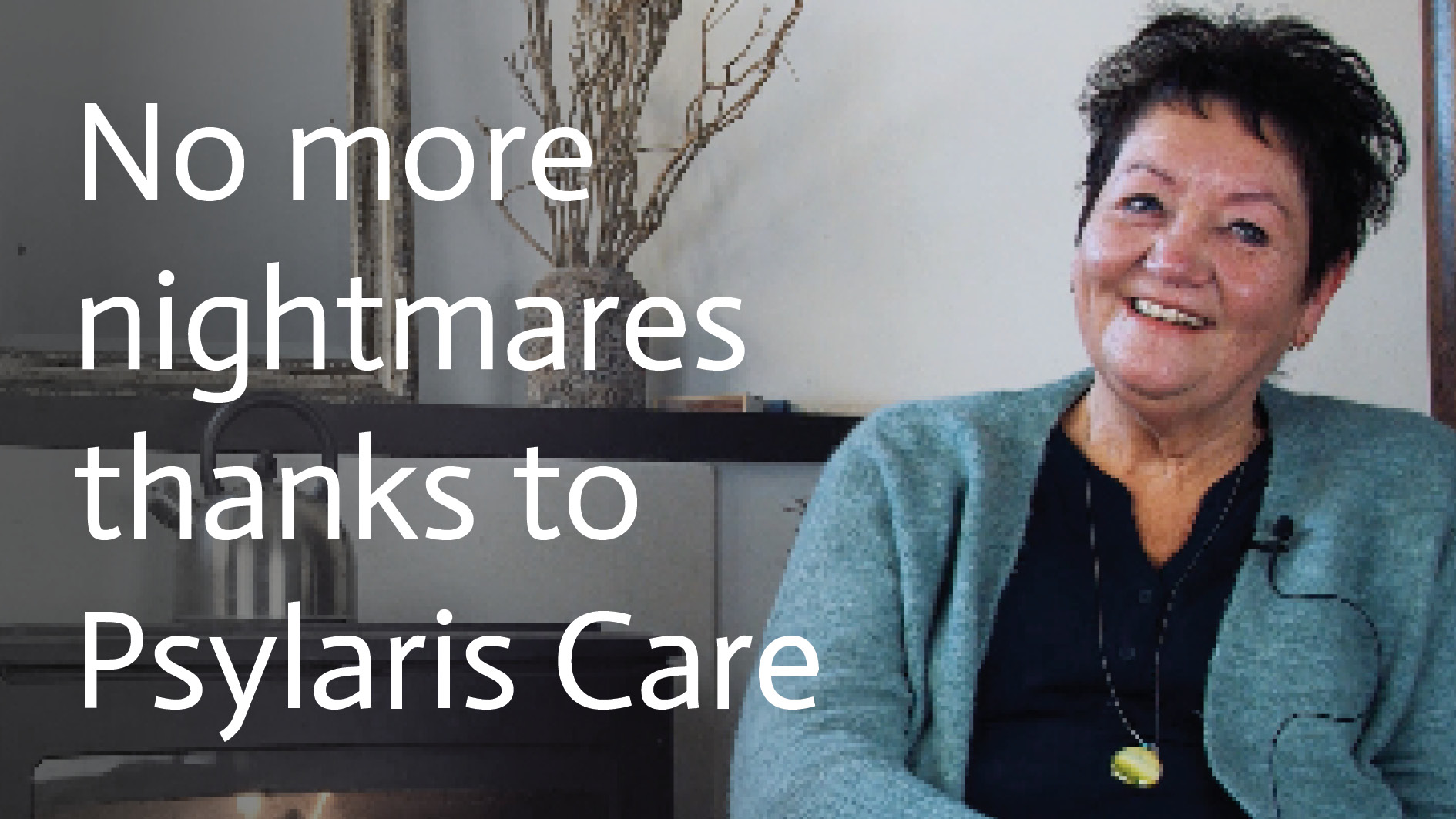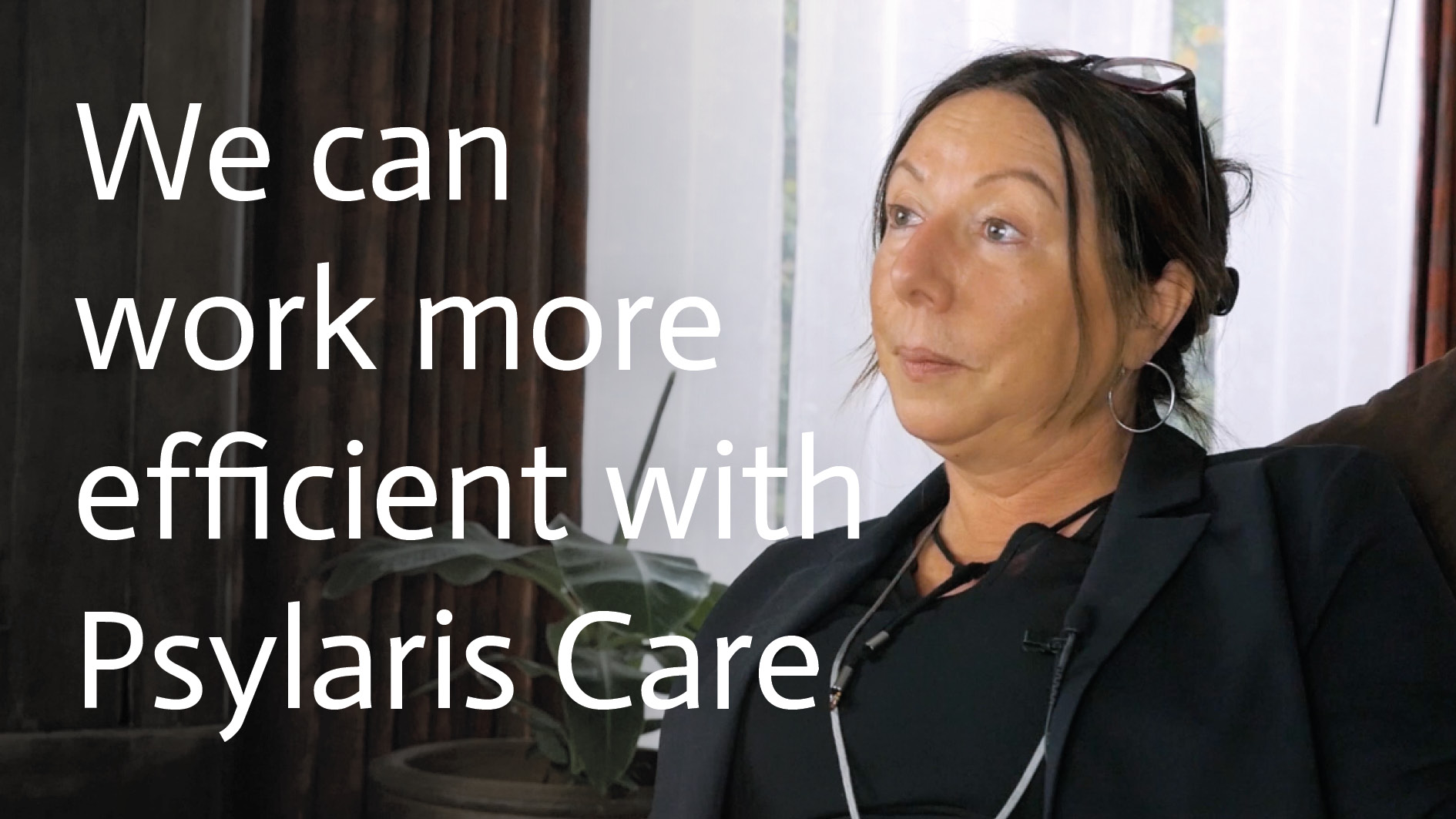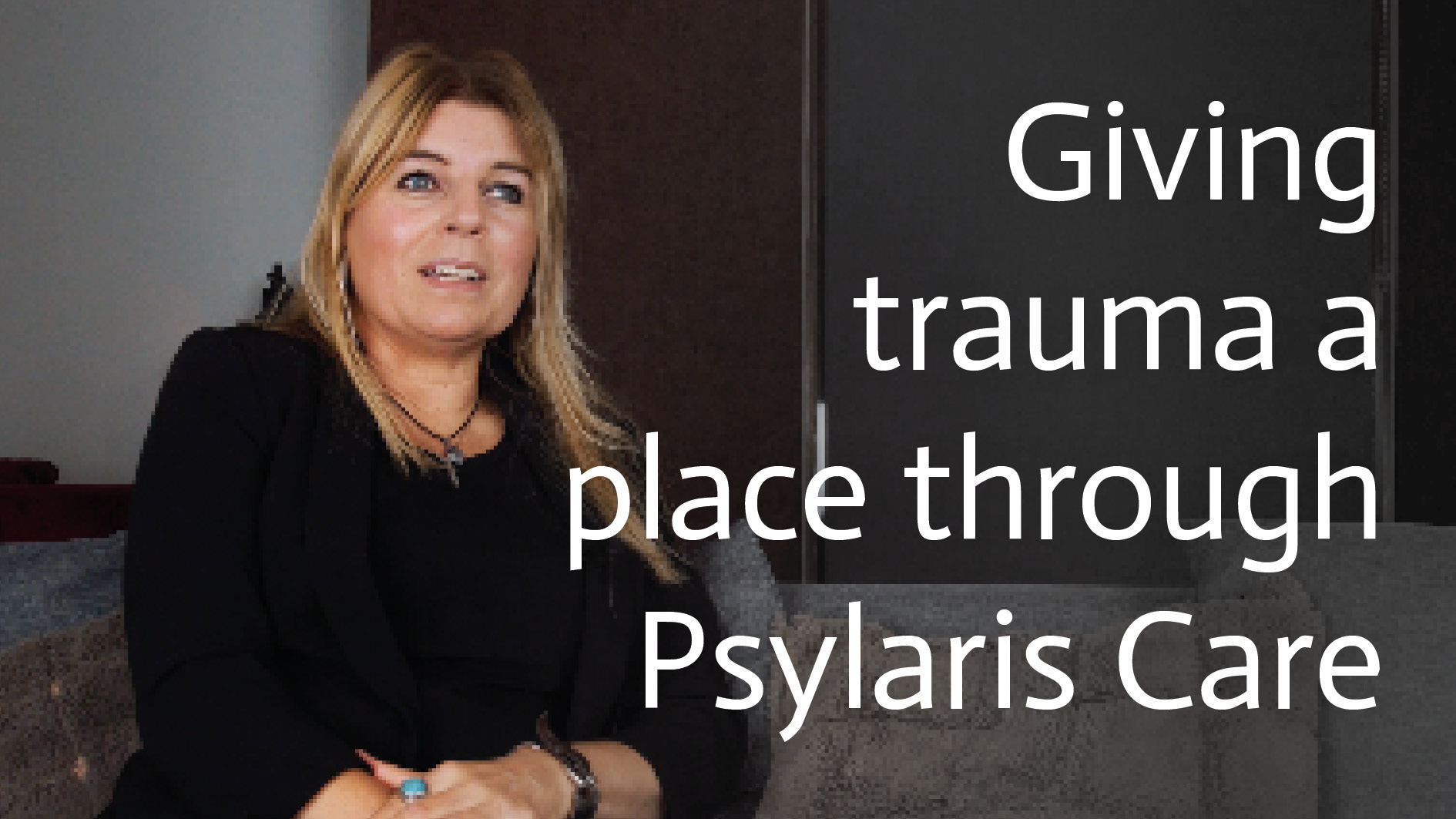That Eye Movement Desensitization and Reprocessing (EMDR) is an effective treatment method is something we can now conclude. Not that there are no critical voices; there is still plenty of debate. Is it really therapy, and not just intervention? And isn't the focus on a specific fear or trauma too specific? Does this not mean that other issues are easily overlooked? However, countless international scientific studies have proven its powerful effect. Since the early nineties, it has been a widely used treatment method for single psychotrauma. In the Netherlands, it is even the treatment of choice for PTSD.
EMDR is particularly attractive because the process is often experienced as pleasant for both the client and the practitioner. It is relatively accessible, extremely focused and often less emotionally taxing than, for example, psychotherapy through conversation. In many cases, impressive results are achieved in just a few sessions.
But sometimes a little more is needed for the successful treatment of a client. The regular intensity is not high enough to cause the breakthrough. In that case, you currently have two effective options:
- You choose a different form of therapy.
- You prescribe a larger number of EMDR sessions.
But what if there was a third possibility?
What if you could use technology to increase effectiveness and not increase costs for you and the client?
The third option exists, and takes place in the world of Virtual Reality (VR). Thanks to an autonomous software, you are able to:
- face-to-face sessions alternate with sessions (partially) without a therapist;
- save time;
- and treat them even more specifically on the basis of data.
Sessions without a therapist
It sounds almost surreal, but it is possible: EMDR therapy without the presence of a therapist, even at home in the client's living room. As soon as the client puts on the VR glasses, he is immediately in a virtual treatment room. The voice of the virtual guide sounds through the audio on the sides of the glasses. Any form of distraction is immediately removed and the focus is completely on the treatment. Moreover, the client is in charge. This control gives self-confidence and thus considerably supports the effectiveness of the treatment. This variant, with no therapist at all, is rarely seen in practice. We mainly see practices that have set up a separate room or where a therapist is present in the same room. In this way, the client can always turn to someone if there is a need for more guidance.
Time left
Another advantage of EMDR in VR is the enormous time saving. The sessions only last half an hour instead of an hour. But perhaps the greatest benefit for the client is the lack of travel time (in the case of home treatment). For the therapist, this also means that he or she is no longer actively present at each session, thus saving time for other clients or for research, for example.
Data-driven
The use of technology also gives you, as a therapist, more insight into the effectiveness of the treatments. Based on your experience, you probably already have a good idea of this. But what if you could pinpoint exactly what could be improved? That you could see exactly at which moments clients get stuck, or on the contrary, speed up. What if you had exactly the data to underline this? We are also currently integrating Artificial Intelligence (AI) into our VR solution. This means that in the near future the technology will be self-learning, and will be able to adapt to the client during treatment, based on their progress.
EMDR in VR requires a small adjustment in the protocol. We regularly discuss this with therapists. After all, the protocol forms the core of the EMDR treatment and deviating from it can have unwanted and detrimental effects for the client. However, up until now we have not seen this reflected in the results from practice; on the contrary.
But of course we like to keep talking to practitioners. We use this input to improve our product on a daily basis. So if you have any input for us, if you want to know more about this form of EMDR or if you are curious about the possibilities for your practice or organisation, please mail us at mike@psylaris.com.








